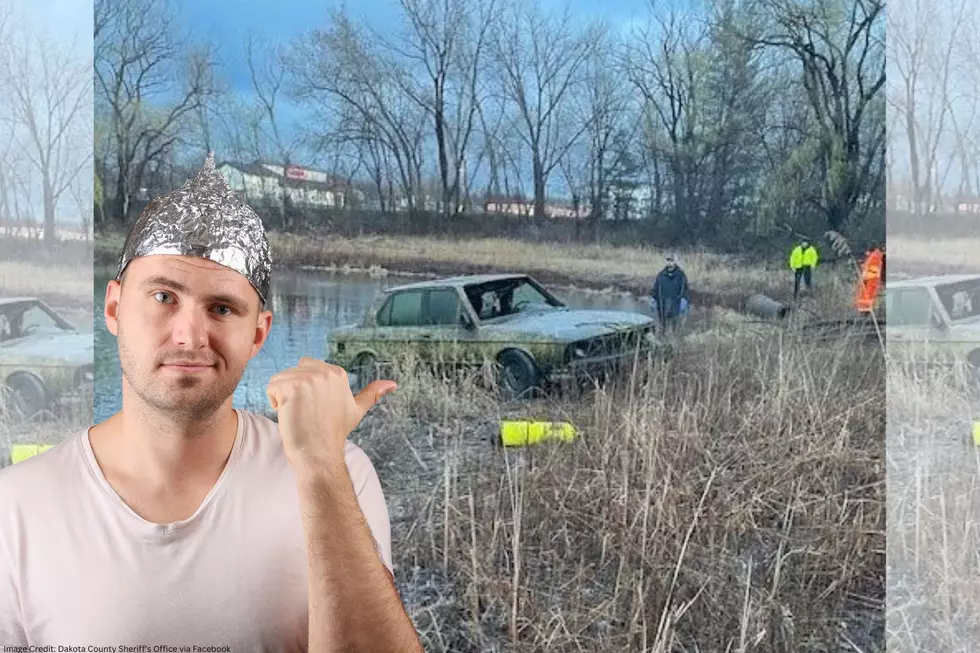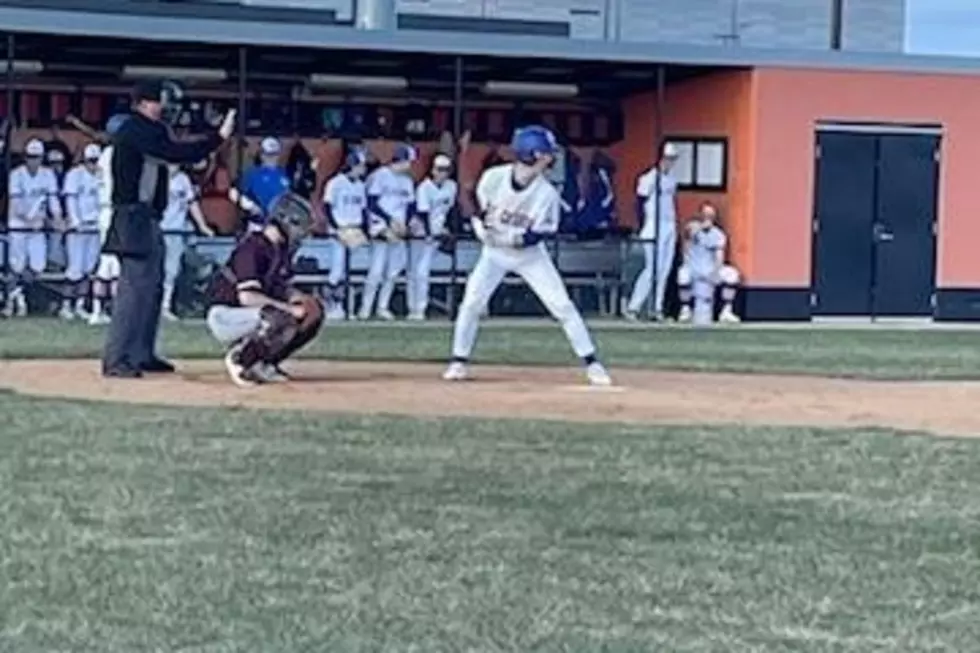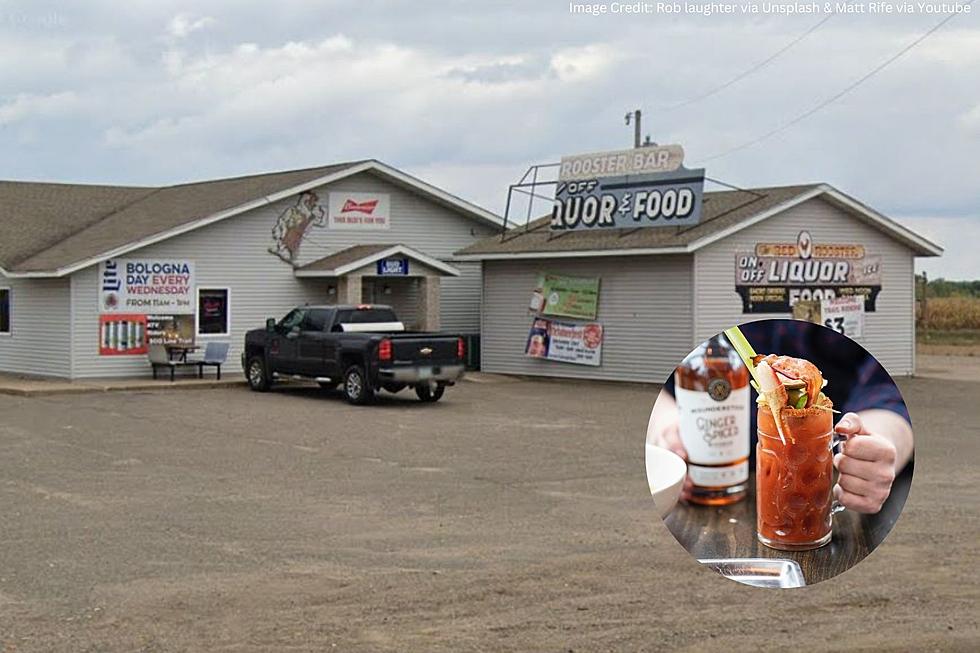![Jelly Roll Inspires Elvie Shane to Fight ‘More Openly’ for Social Justice [Interview]](https://townsquare.media/site/204/files/2023/09/attachment-ElvieShaneJellyRoll.jpg?w=980&q=75)
Jelly Roll Inspires Elvie Shane to Fight ‘More Openly’ for Social Justice [Interview]
Elvie Shane has always been proud of his blue-collar Kentucky roots, and ready to advocate on behalf of people who come from similar stories. But in his upcoming chapter of music, he's articulating his passions more specifically than ever: He cares about prison reform, as well as providing relief for those living in poverty and people fighting addiction.
In a new interview with Taste of Country, Shane says that he's been moving toward advocacy in these areas for years, but when Jelly Roll came on the country scene, he felt galvanized to be even more direct with the public about the causes he supports.
"Yeah, definitely seeing him do that has provoked me to [speak] more openly about it, because if you got one big voice saying that, you need other soldiers, too," the singer explains. "The more people talking, the more likely you're gonna see change."
Shane jokes that he was even a little bit "pissed" when he saw that Jelly was visiting prisons and addiction rehabilitation centers in various cities on his Backroad Baptism Tour — because Shane had had the same idea.
"No, I love it. I think it's cool [that he does that]. But I literally just said that this Friday, I'm going to play Lee Adjustment Center, and I seen a video [of Jelly Roll performing in a prison] last week, and I'm like, 'Damn it,'" Shane says with a laugh.
But all jokes aside, he loves that Jelly Roll is reminding artists that playing shows in prisons and other similar facilities is still a possibility.
"Of course, we all know the Johnny Cash story [of the country legend recording At Folsom Prison live at a prison in 1968]. But I did not know that you could still do that," Shane continues.
"My friend is serving a life sentence over in Lee Adjustment Center, so I reached out to management, and was like, 'Man, I would love to go over there and play a show for those guys,'" he goes on to say. "There's so many good people in there that, they're either in there because they f--ked up really bad, or because the laws are ridiculous on certain things."
Earlier this week, Shane shared his views on Twitter, urging reform for Kentucky's "archaic" Persistent Felony Offender (PFO) law, which results in previously convicted felons receiving outsized sentences to subsequent crimes.
The singer's friend who's incarcerated at Lee Adjustment Center is a prime example.
"He's serving a life sentence because he shot a man who came to kill him, and he shot him in self-defense. But he was a felon in possession of a firearm. Life sentence," Shane relates.
"My cousin just called me, Friday or Saturday morning, from the county jail in Hardin County, Ky. He had a little bit of weed on him and a cop went to pull him over," the singer continues. "And he freaked out and tried to run. So now he's got a felony evading charge, reckless driving charge and a PFO.
"I don't like to get into political stuff, because there's enough political musicians out there, and I don't wanna be one of them," Shane reflects, saying that some of his closest friends — and people who have been playing on the recordings of his new music — don't agree with him on many political issues.
"I cherish having them around me so much, because if not, my mind would never be changed, I would never be challenged, anything...But what is important to me, and what is growing more important to me, is prison reform and addiction."
His passion for providing more support to addicted people will take center stage with the release of his new song, "Pill," which dropped on Friday (Sept. 29). Shane, who has personal history with addiction himself, plans to use the song's music video to spotlight an organization called Never Use Alone in an attempt to reduce fatal overdoses.
"Basically, you call 'em and tell 'em where you're at, what your name is, if you have any health issues, and you use while you're on the phone with those people. If you ever become unresponsive, they can contact EMS immediately to be there in case you overdosed," the singer says. "They're not saying, 'Call us now if you don't want to die! Call us if you wanna stop doing drugs!' Because nobody's ever gonna stop until they want to. I know that from being there."
Shane points out that the opioid epidemic's fatalities have increased in recent years — even in the decade or so since he was a heavy user — due to changes in the drugs themselves.
"When I was heavily in the game, it wasn't as dangerous as it is now. Back then, if you got a fake pill, it was made out of sugar. It just didn't get you high. Now you die," he states. "I'm a huge Mac Miller fan — we lost Mac Miller to this. And countless friends, acquaintances, people I grew up with."
That's why it's so impactful on Shane that a major industry voice like Jelly Roll is speaking openly about this topic: It's one that hits close to home for him, and to more country music listeners than ever before.
"I love that he's talking about this stuff. I'd love to talk about it with him, if he ever wanted to," Shane concludes. "I think it's definitely a topic that some of us that come from that world are just tired of it not being represented."
10 Things You Didn't Know About Jelly Roll
Gallery Credit: Billy Dukes
Country Stars and the Songs They Regret, Resent or Apologized For
Gallery Credit: Billy Dukes
More From 98.1 Minnesota's New Country










